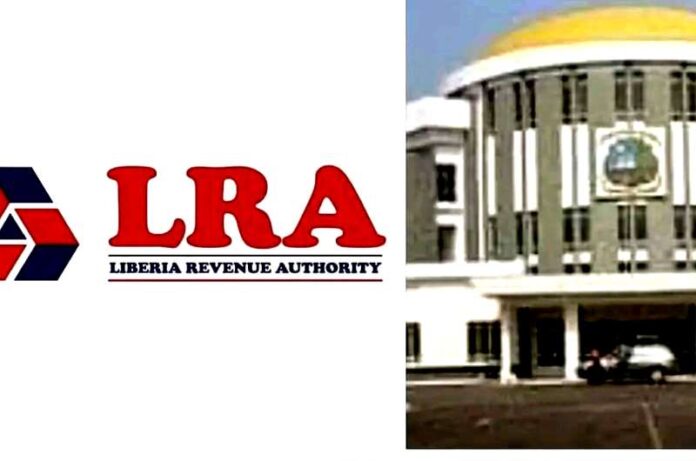MONROVIA – The Commissioner General of the Liberia Revenue Authority (LRA), Dorbor Jallah, says poor internet connectivity infrastructure at the agency continues to contribute to revenue losses in the country.
By Obediah Johnson
According to him, the persistent “system is down” syndrome is negatively affecting revenue collection by the entity.
Director General Jallah observed that when systems are persistently down due to poor internet connectivity, taxpayers become reluctant to pay legitimate taxes to the government.
He made these assertions when he appeared before the Plenary of the Liberian Senate on Tuesday, May 20, 2024. He used the occasion to disclose that presently, the LRA has only one server functioning for the payment and collection of taxes.
“You will all recall that on numerous occasions the tax payment system has had problems; it’s either too slow or the system is down. When these system glitches continue, what it does is dampen the taxpayers’ desire to pay,” Jallah stated.
Director Jallah expressed hope that the new budget allocation approved by the National Legislature would help the LRA address the current situation. He emphasized that an active IT infrastructure is needed to guarantee the full functionality of the LRA in terms of revenue collection.
According to him, the LRA aims to roll out initiatives to identify and simplify the payment of taxes to ensure voluntary compliance. Director Jallah stressed the need for the executive branch to ensure that taxpayers see the evidence of their taxes through improved provision of basic social services, thereby ensuring full compliance with tax payments in the country.
He said the LRA seeks to ensure optimum revenue collection that will encourage maximum voluntary payment of taxes. Director Jallah noted that custom officers often take risks by traveling with large sums of money on motorcycles or other public transportation. To mitigate this, a cashless system of tax collection will be introduced to minimize these risks.
The Authority will establish a fair and transparent system to create a strong, professional, and credible organization that ensures compliance with statutory tax revenue obligations. He stressed the need to expand the country’s revenue envelope to support all development goals and provide basic social services for the benefit of the Liberian people.
Director Jallah said digitization and the greater use of technology in revenue collection will help increase efficiency. The LRA intends to oversee and ensure that taxes due to the country are paid in real-time. He noted that connecting all customs or LRA offices across the country remains a top priority.
Due to poor connectivity, the agency often cannot receive real-time information from various businesses and customs posts across Liberia. “Sometimes it takes weeks before we can get returns from places. Because of that, the level of vulnerability is very high. So, we want to ensure that all businesses are connected so that we can get real-time information,” he said.
Director Jallah said the agency intends to improve the cost-effectiveness and efficiency of administration to enhance staff remunerations and other packages. He observed that the operations of the LRA would continue to be affected if professionals quit due to unattractive salaries.
He emphasized that competent and qualified staff would be recruited, developed, and equipped to enhance the workings of the entity. Director Jallah pointed out that the agency has also started implementing the Local Government and Revenue Sharing Acts of the country. Under these documents, the LRA is compelled to work with local authorities and community leaders for tax collection, with portions of those taxes going back to the development of the counties.


